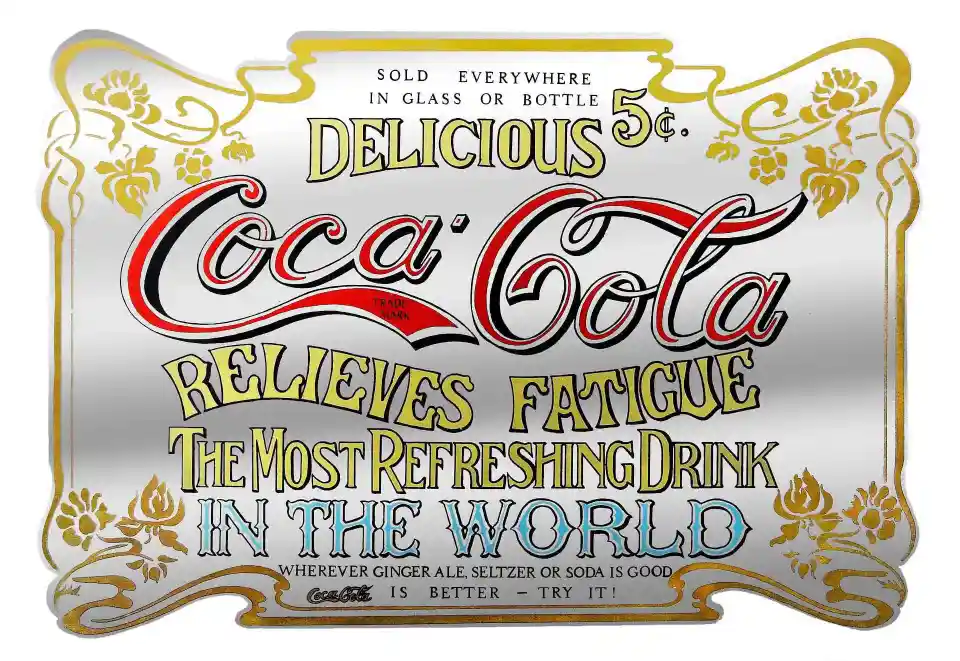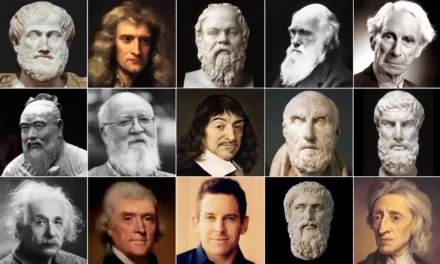
Know whom to trust when you hear multiple opinions
how to Know whom to trust
How can you tell how much weight you should give to these opinions or tentative truths? Are all opinions equal? Of course not. Some opinions are better than others. They carry more weight depending on who holds them. How can you tell whom to trust? There are people who may be subject matter experts and thus their opinions on that subject cannot be put at the same level as that of a layperson.How can you determine credibility?
There are several factors you must take into account to determine how credible a source may be:- Your previous experience with that source: Have you dealt with them before? Do you have any reason to doubt them?
- The source’s potential bias: Does the source have any vested interest in expressing one opinion over another?
- The source’s level of expertise: What are the source’s credentials? What makes them qualified to express an opinion on the subject?

Biases are a reflection of our opinions and of our views on life. It’s perfectly normal and very common for someone’s views to be colored by his biases.
- It’s delicious
- Relieves fatigue
- The most refreshing drink in the world
- Better than ginger ale, seltzer or soda
How to recognize bias
Biases are very common tendencies people have that make them favor one side of an argument over another, or make them susceptive to hold a prejudice against other sides, or make them partial against something. Biases can manifest themselves in several ways:- Expressed as direct statements.
- Indirectly in the words chosen to express something.
- In the tone of voice in which the person expresses himself.
- In the choice of facts or examples chosen to illustrate a point.
Ultimately what distinguishes one person holding an opinion from another is what they know about the subject and what that knowledge is based on, that is, facts or just opinions.
- Excessively positive or negative expressions about the subject.
- Emotionally charged language used to describe the issue.
- Vague or generalized language used to refer to the subject.
- The omission of certain facts, particularly if those facts would go contrary to the position presented.
- The failure to present or cite the sources for the evidence presented.
- The knowledge that the person has something to gain by persuading us of his position.
Example
Let’s say you need to find a good auto mechanic to work on your new Ford Mustang. Since you are new to Mustangs you decide to do a little research to find a good, trustworthy mechanic.- You check reviews online
- You ask you friend Joe who knows nothing about cars but is very happy with his mechanic, who works on all sorts of brands
- You also ask Jim who owns a Mustang himself and regularly takes it to the track
- You see an ad for an auto repair shop in your local newspaper
As a general rule, the greater the level of expertise, the greater the credibility.
Level of Expertise
The other important criteria you should use to determine a person’s credibility is that person’s level of expertise. Generally, the more a person knows about a subject, and the more rigorous that person was in acquiring that knowledge, the more reliable and trustworthy that person will be. That person will be more credible and thus you can feel safer in accepting their opinions. As a general rule, the greater the level of expertise, the greater the credibility. To come back to the auto repair example we discussed earlier, we can now introduce the criteria of level of expertise in the analysis as that will allow you to further assess the credibility of each source.

CAN YOU TRUST THE PERSON MAKING THAT CLAIM?
Enter your information to get our FREE practice exercises so you can train yourself to recognize bias and evaluate the level of expertise of the person making a claim.
In order to assess how credible a source might be we must evaluate whether they might be biased and we must know their level of expertise on the subject matter at hand.
- Online reviews
- Joe’s opinion
- Jim’s opinion
- The newspaper ad

Determining the Level of Expertise
There are some situations in which you must be more thorough in your evaluation of the source’s level of expertise. For example, when choosing a surgeon to operate on your daughter, or a pilot to take you to a remote island, or even an expert witness for a trial, you must use a more systematic and stringent approach to determine the credibility of the person in question, and their level of expertise plays a key role there. In these situations we we must examine the following five criteria when assessing someone’s level of expertise, and therefore his credibility:- Occupation
- Education
- Reputation
- Experience
- Achievements
We can judge the person’s level of expertise by assessing their education, experience, position, reputation and achievements

CAN YOU TRUST THE PERSON MAKING THAT CLAIM?
Enter your information to get our FREE practice exercises so you can train yourself to recognize bias and evaluate the level of expertise of the person making a claim.







0 Comments